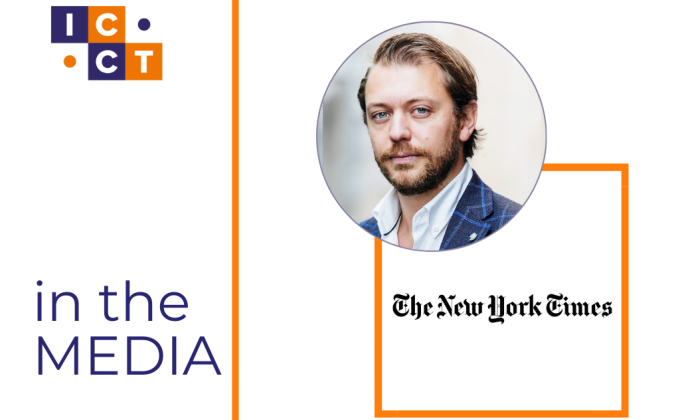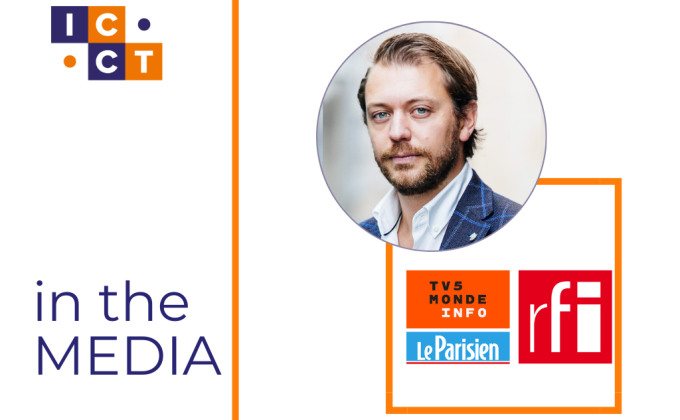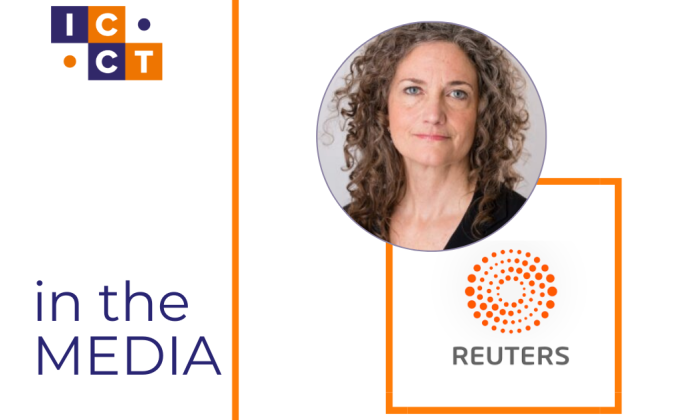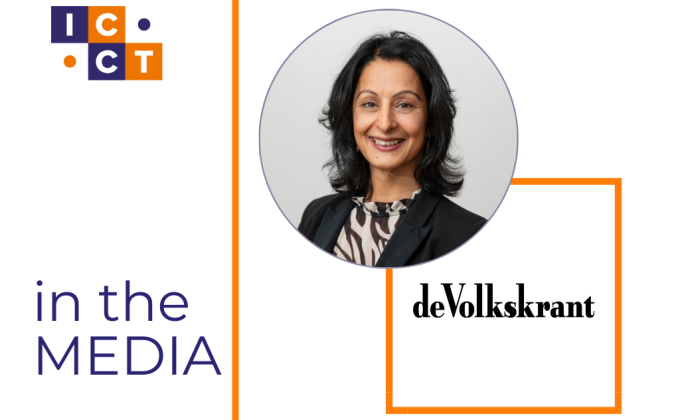Date: Tuesday 10 June 2014 Venue: Morning session at the Netherlands Permanent Mission to the United Nations, Afternoon session at the UN Secretariat Building Conference Room 3 On Tuesday 10 June, the Netherlands permanent mission to the United Nations hosted a Side Event entitled “Practices in and reflections on development, security, and peace in contexts of violent extremism and terrorism by government, civil society and community delegates”, which coincided with the fourth Review of the UN Counter-Terrorism Strategy in New York. This series of panel discussions was organised by the Human Security Collective (HSC) in collaboration with ICCT, the Global Partnership for the Prevention of Armed Conflict (GPPAC), West African Network for Peacebuilding (WANEP), Hedayah, Cordaid and the United Network of Young Peace builders (UNOY). The purpose of this one-day side event was to bring together a number of experts to discuss the relations between security and development sectors and how strengthening these relationships can effectively reinforce policies and programmes aimed at countering violent extremism (CVE). The overarching theme of the panels was a multi-stakeholder approach to prevent and mitigate extreme violence, which is grounded in people’s needs and capabilities when dealing with sources of threats. The discussions at the roundtable meeting was to inform future engagement on this issue, particular in relation to Pillar 1 of the Global Counter-Terrorism Strategy of the UN. The series of panel discussions discussed four topics: Morning session, Netherlands Permanent Mission to the UN Panel 1: Civil society engagement and a human security approach to countering violent extremism in Mali Panel 2: Intra and Interfaith dialogue to prevent and counter violent extremism Afternoon session, UN Secretariat Building, Conference Room 3 Panel 3: Reintegrating violent extremist offenders: a role for government and communities Panel 4: Role of young community leaders in fostering resilient communities The third panel, organised by ICCT, examined concrete governmental and community efforts to facilitate the successful reintegration of violent extremist offenders. Panelists presented general good practices as well as specific examples of rehabilitation and reintegration programmes in Asia, emphasising the importance of ensuring security whilst also offering room for development, the need for effective cooperation among different actors, and the vital role that the community plays in reintegration. Panelists include: Mr. Eelco Kessels (Programme Manager, ICCT), Mr. Howard Wachtel (US Department of State), Dr. Shanthikumar Hettiarachchi (Consultant, South Asian Network on Conflict Research, Sri Lanka) and Mr. Max Boon (victim of the 2009 Jakarta Marriot Hotel bombing and Founder of AIDA). More information about the panels, venues and logistics can be found below.



